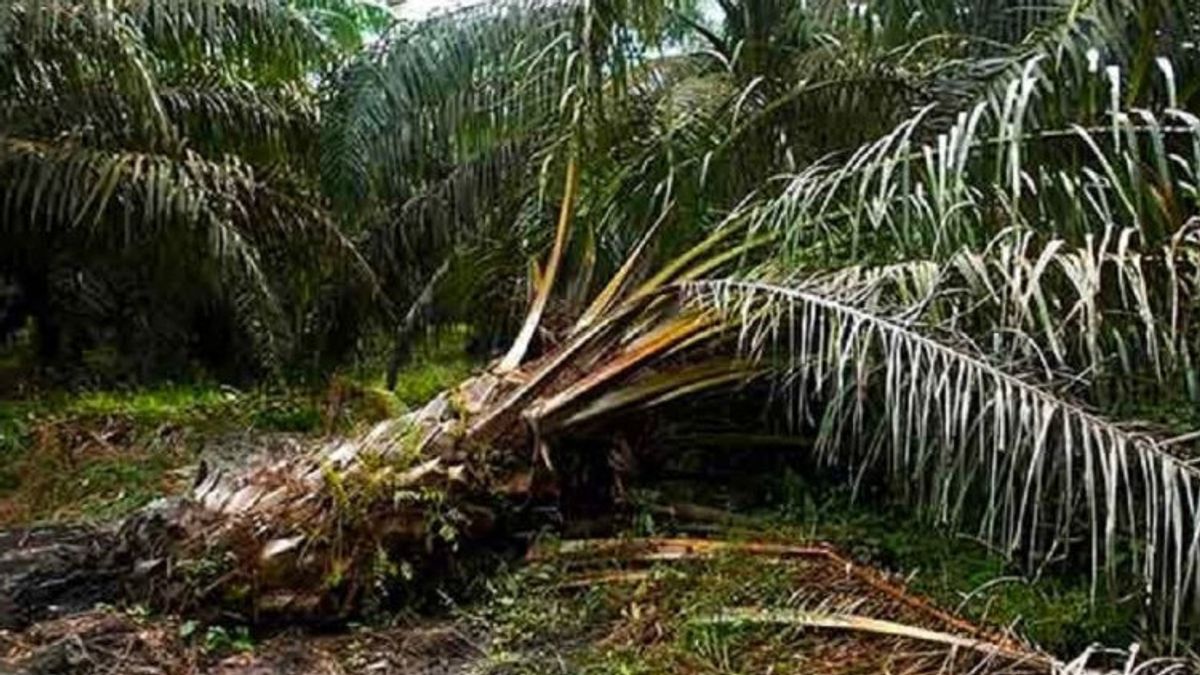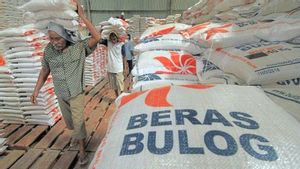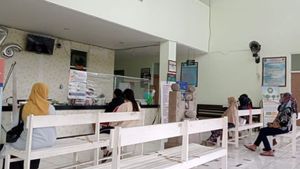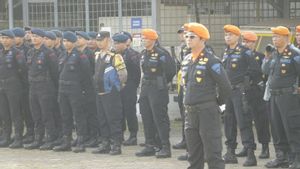JAKARTA - The Ministry of Agriculture through the Directorate General of Plantation took a number of steps to anticipate the rotten base disease of stems caused by a ganoderma that attacks palm oil plants.
Director of Palm Oil Crops and Aneka Palma Directorate General of Plantation, Ministry of Agriculture Ardi Praptono at the International Symposium of Ganoderma in Bandung, Wednesday stated that the root disease of stems caused by the ganoderma will affect the production and productivity level of plants, especially people's palm oil plantations.
"The government conducts monitoring and reporting of Ganoderma in all provinces with an application of information system reporting and recap data on plant disruption organisms (OPT species) and information on OPT control through the plant health information system (sinta) application," he said, quoted from Antara, Wednesday, January 31.
He said that the plantations affected by Ganoderma reached 46,767 ha, the largest in North Sumatra which had entered the fifth generation, 34,000 ha.
The affected people's plantations are spread across 12 provinces, namely Nangroe Aceh, North Sumatra, Riau, West Sumatra, Jambi, Bangka Belitung, South Sumatra, Lampung, Central Kalimantan, East Kalimantan, West Kalimantan and West Sulawesi.
According to him, the growth and development of palm oil is still the focus of maintaining the national economy, especially since agricultural exports are dominated by palm oil, which has a value of 34.94 billion US dollars or around Rp600 trillion in 2022.
"Therefore, we expect all parties to work together to control this disease and ask the government for concrete input," said Ardi Praptono.
The root rot of stems caused by ganoderma, said Gapki General Chair Edy Martono, is one of the threats to the sustainability of Indonesian palm oil.
"Often it happens both in companies and people's plantations, it is too late to realize so it must be evaluated," he said.
There are many efforts to mitigate ganoderma such as sanitation, early detection and engineering of ganoderma resistant plants, he continued, the results have not been satisfactory so various efforts must be made.
If more and more plants are affected and there is a lot of erdication, the crop population will decrease and production and productivity will decrease.
"Ganoderma research needs to be increased by funding BPDPKS (Bades for Palm Oil Plantation Fund Management) so as to produce new mitigations that have not been thought of so far," said Edy Martono.
BPDPKS Research Committee Tony Liwang stated that BPDPKS has financed several research related to ganoderma such as the use of drones for early detection.
SEE ALSO:
"BPDPKS is very interested in maintaining Indonesia's palm oil sustainability, including from the threat of a ganoderma," he said.
The Expert Board of the Indonesian Plantation Professional Practitioner Association (P3PI) Karyudi added that the control of the ganoderma is to restore soil conditions as in the past by including antagonist organisms such as mikoriza and trichoderma.
Meanwhile, the Head of the Jambi Plantation Service, Agus Rizal, stated that so far the Jambi Disbun has helped with trichoderma made by the UPT for Plantation Protection of Disbun.
"Jambi is ready to collaborate with all parties as a pilot for controlling ganoderma, especially for people's plantations," he said.
The English, Chinese, Japanese, Arabic, and French versions are automatically generated by the AI. So there may still be inaccuracies in translating, please always see Indonesian as our main language. (system supported by DigitalSiber.id)
















